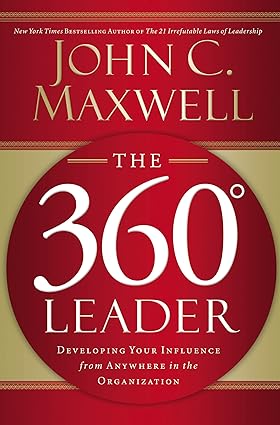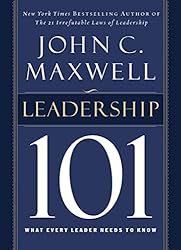Robert Herrick (baptised 24 August 1591–buried 15 October 1674)[1] was a 17th-century English lyric poet and cleric. He is best known for Hesperides, a book of poems. This includes the carpe diem poem “To the Virgins, to Make Much of Time”, with the first line “Gather ye rosebuds while ye may”.
Herrick wrote over 2,500 poems, about half of which appear in his major work, Hesperides.[6] Hesperides also includes the much shorter Noble Numbers, his first book, of spiritual works, first published in 1648. He is well known for his style and, in his earlier works, for frequent references to lovemaking and the female body. His later poetry was of a more spiritual and philosophical nature. Among his most famous short poetical sayings are the unique monometers, such as number 475, “Thus I / Pass by / And die,/ As one / Unknown / And gone.”
Herrick sets out his subject-matter in the poem he printed at the beginning of his collection, The Argument of his Book. He dealt with English country life and its seasons, village customs, complimentary poems to various ladies and his friends, themes taken from classical writings and a solid bedrock of Christian faith, not intellectualized but underpinning the rest. It has been said of Herrick’s style ‘his directness of speech with clear and simple presentation of thought, a fine artist working with conscious knowledge of his art, of an England of his youth in which he lives and moves and loves, clearly assigns him to the first place as a lyrical poet in the strict and pure sense of the phrase’.[8]



















